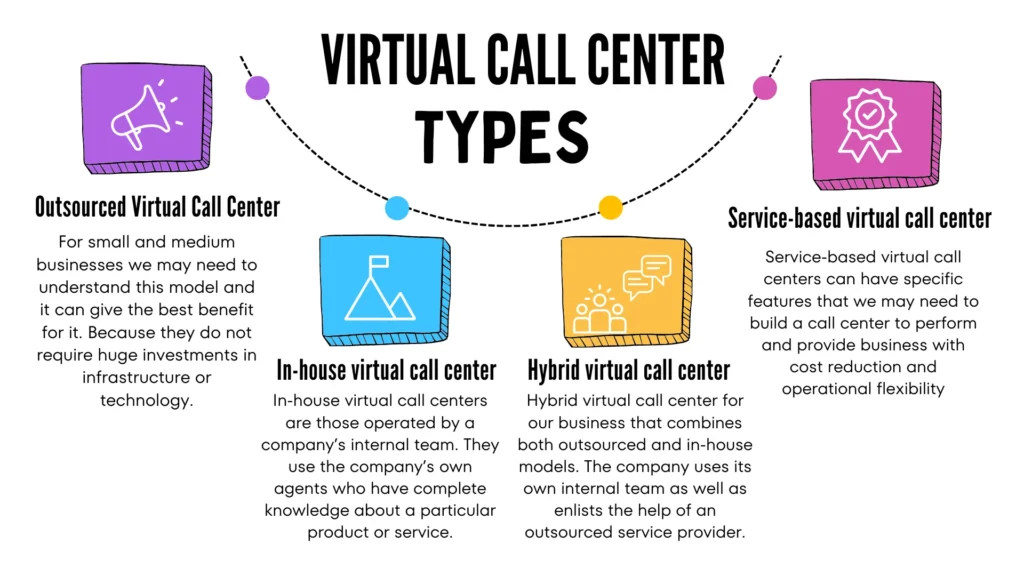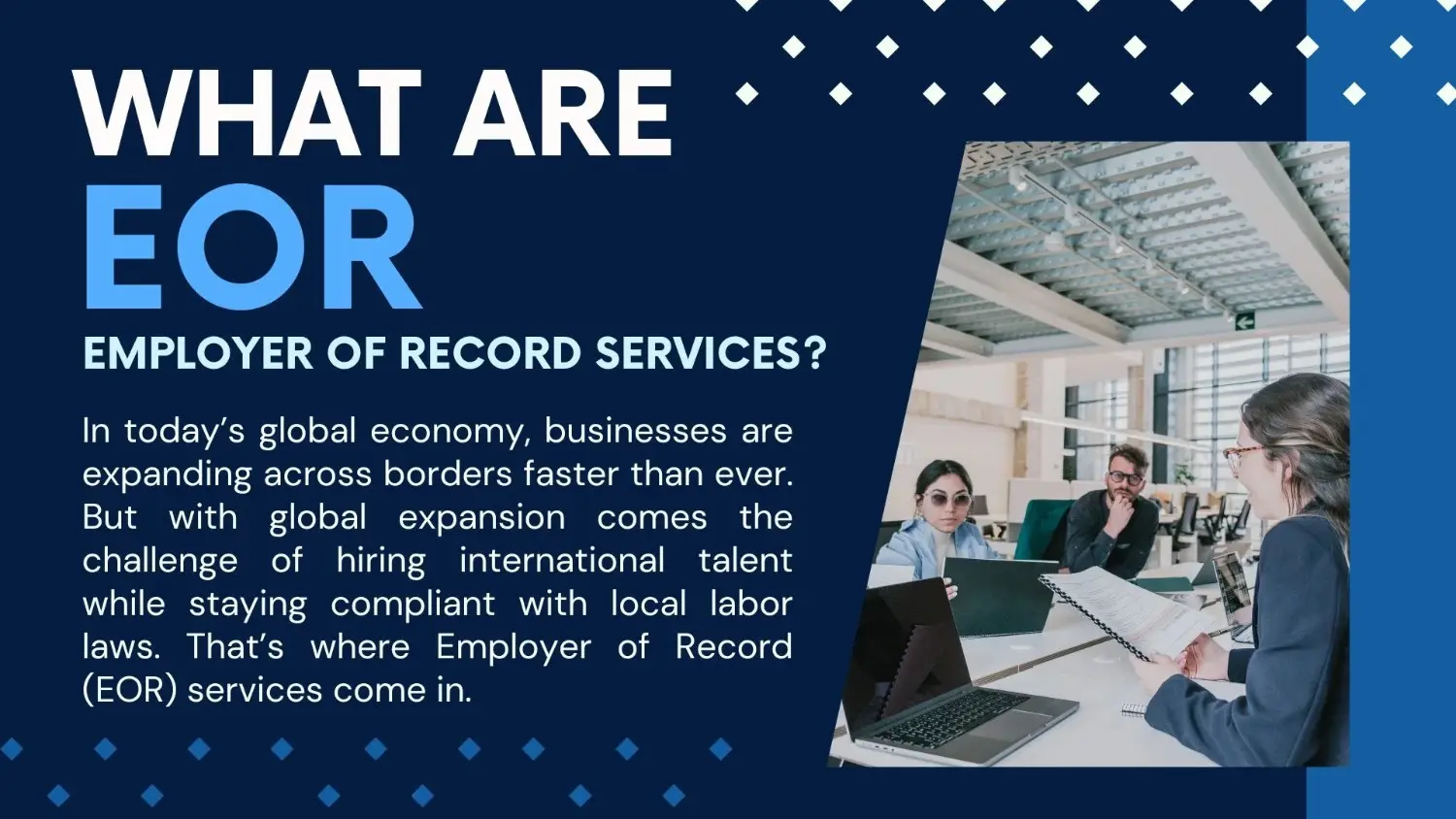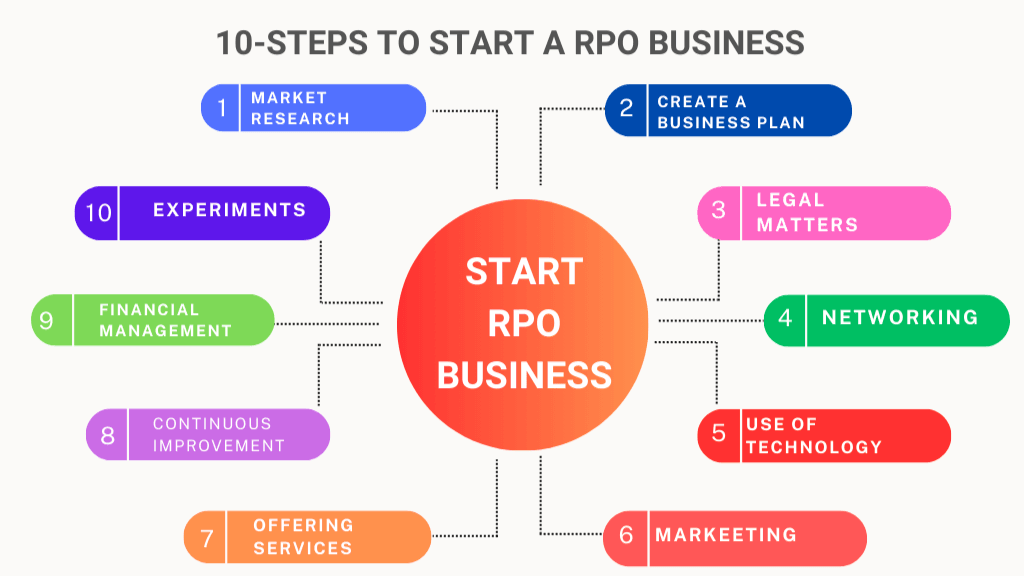
Table of Contents
ToggleWhat is a virtual call center?
Overview: A virtual call center business is a business or do-it-yourself job that we can also call self-employed that provides customer service from remote locations with the help of technological resources. If we talk about working, it can include the Internet and with the help of the Internet we can improve our services by connecting agents working from different locations and it can help customers through voice calls, chats, etc, and help via email. The business may not need to physically show up or perform, making it more flexible and cost-effective for the business and customers than a traditional call center.
Today’s Importance: To understand this, let us further explain that in today’s digital world, the importance of virtual call centers has increased, be it due to technology or to offer business in a new and flexible way. Because they enable businesses to provide services more efficiently and quickly, these can be beneficial for companies that operate globally, as they can support customers in different time zones and provide flexibility in the operations of these companies. In addition, customer expectations have increased, which has increased the need for prompt and efficient services.
Future Importance: The virtual call center business model offers a great opportunity, especially for small and medium businesses. Along with low cost, it also offers the services of expert agents who can communicate in different languages. Also, by providing services specific to different industries, businesses can grow further. Due to all these factors, virtual call center business has become a successful and popular idea nowadays.
What is the benefit of a virtual call center?
Virtual call centers have had several prominent advantages over the years. In the earlier era, these were important for lower costs and infrastructure savings, which allowed businesses to operate more efficiently. In today’s era, they cater to the need for quick and efficient customer service, especially due to digital platforms. Thanks to artificial intelligence and advanced technology to improve customer experiences and skills, virtual call centers will be able to provide more automated and personalized services.
Languages also play an important role in the development of such businesses and this model will also provide the opportunity for businesses to expand globally to offer services according to different languages and cultures. Thus, the importance of virtual call centers will increase in every era.
Types of virtual call center?
- Outsourced Virtual Call Center
- In-House Virtual Call Center
- Hybrid Virtual Call Center
- Service-Based Virtual Call Center

Outsourced virtual call centers are those operated by third-party companies. These organizations often have specialized expertise and provide services for different clients. With this type of virtual call center, we offer a wide range of experience and expertise at a lower cost, which has a business impact and allows businesses to outsource rather than their in-house team. For small and medium businesses we may need to understand this model and it can give the best benefit for it. Because they do not require huge investments in infrastructure or technology.
In-house virtual call center
In-house virtual call centers are those operated by a company’s internal team. They use the company’s own agents who have complete knowledge about a particular product or service. A major advantage of this model is that the quality of customer service improves, as agents are directly informed about company policies and products. Such a setup may cost more, but it can improve the user experience.
Hybrid virtual call center
Sometimes the business can be large in scale and for this, we may need a hybrid virtual call center for our business that combines both outsourced and in-house models. The company uses its own internal team as well as enlists the help of an outsourced service provider. This model is useful for large companies that temporarily need additional support, especially when demand increases due to weather changes, special events, or marketing campaigns. Such a model has more flexibility and allows the business to adjust according to its needs.
Service-based virtual call center
Service-based virtual call centers can have specific features that we may need to build a call center to perform and provide business with cost reduction and operational flexibility, particularly for a specific type of service, e.g. Designed to provide technical assistance, billing, or customer support. If we bar these specific industries, they can be e-commerce, banking, or telecom. The advantage of this model is that it provides specialized training to agents, providing quality service to customers. This model can potentially generate more revenue for businesses, as providing quality service to customers increases their loyalty.
Challenges in Virtual Call Centers
- Complexities of technology
- Training and skills of agents
- Improving the customer experience
- Security and data protection
- Communication problems
- Effects of climate change
Future Trends in Virtual Call Centers
The future of virtual call centers is largely linked to growth and technology. We can say that several interesting trends are emerging, such as the use of artificial intelligence and machine learning, which are making customer service more efficient and personalized. The increasing popularity of cloud-based systems and the importance of multi-channel communication are also prominent in this field. Furthermore, the trend of remote jobs and the increasing possibility of flexible work preferences of agents are also included in the future scenario. Along with all this, it will be necessary to maintain the quality of services as customer expectations increase.
- The growing use of artificial intelligence
- The popularity of cloud-based systems
- Multi-channel customer support
- The trend of remote jobs
- Rising consumer expectations
FAQs
Virtual call center gives businesses access to skilled people, no matter where they are. This system provides new opportunities for business development, such as entering global markets. This can improve the customer experience, which increases loyalty and customer retention.
- Outsourced Virtual Call Center
- In-House Virtual Call Center
- Hybrid Virtual Call Center
- Service-Based Virtual Call Center
- Complexities of technology
- Training and skills of agents
- Improving the customer experience
- Security and data protection
- Communication problems
- Effects of climate change
- The growing use of artificial intelligence
- The popularity of cloud-based systems
- Multi-channel customer support
- The trend of remote jobs
- Rising consumer expectations












